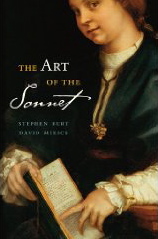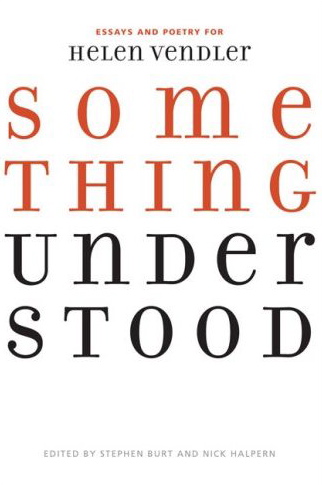I have returned from Britain. I like travel, but I like coming home. I really can’t overstate the hospitality shown by pretty much everyone who handled my event-packed visit there, most of all Michael Schmidt of Carcanet Press and PN Review. (If you’re not a subscriber to PN Review, do consider it.)
I have also reread The Sea and the Mirror (though not in the Arthur Kirsch edition, alas) a couple of times by way of preparing to teach it.
Were those birds I saw in Kelvingrove Park actually magpies? I’m not sure. (The proportions and tones are right, and I was told that there are a lot more magpies in Britain than there were ten years ago! but the double stripe on the wing makes them look unlike the pictures I’ve seen.) I may look here.
If you have no conflicting plans for tonight you should consider hearing Chase Twichell and Kathy Fagan read at the Blacksmith House, on Brattle Street in Cambridge, at 8pm.
If you have no conflicting plans for Wednesday night you might consider attending this roundtable discussion aboutr recent poetry with Maureen McLane, Adam Kirsch, Rob Casper, and me. I now know where and when it will take place: Thompson Room, Barker Center, 12 Quincy St, Cambridge, on Harvard’s campus, at 7pm.
Finally, I have discovered (or perhaps remembered) that Allan Peterson, one of my favorite new-ish poets and maybe the smartest underrated poet in America, has a calm, black-and-white website, promoting both his visual art (about which I don’t know a whole lot) and his poems. Here are some of his poems.








